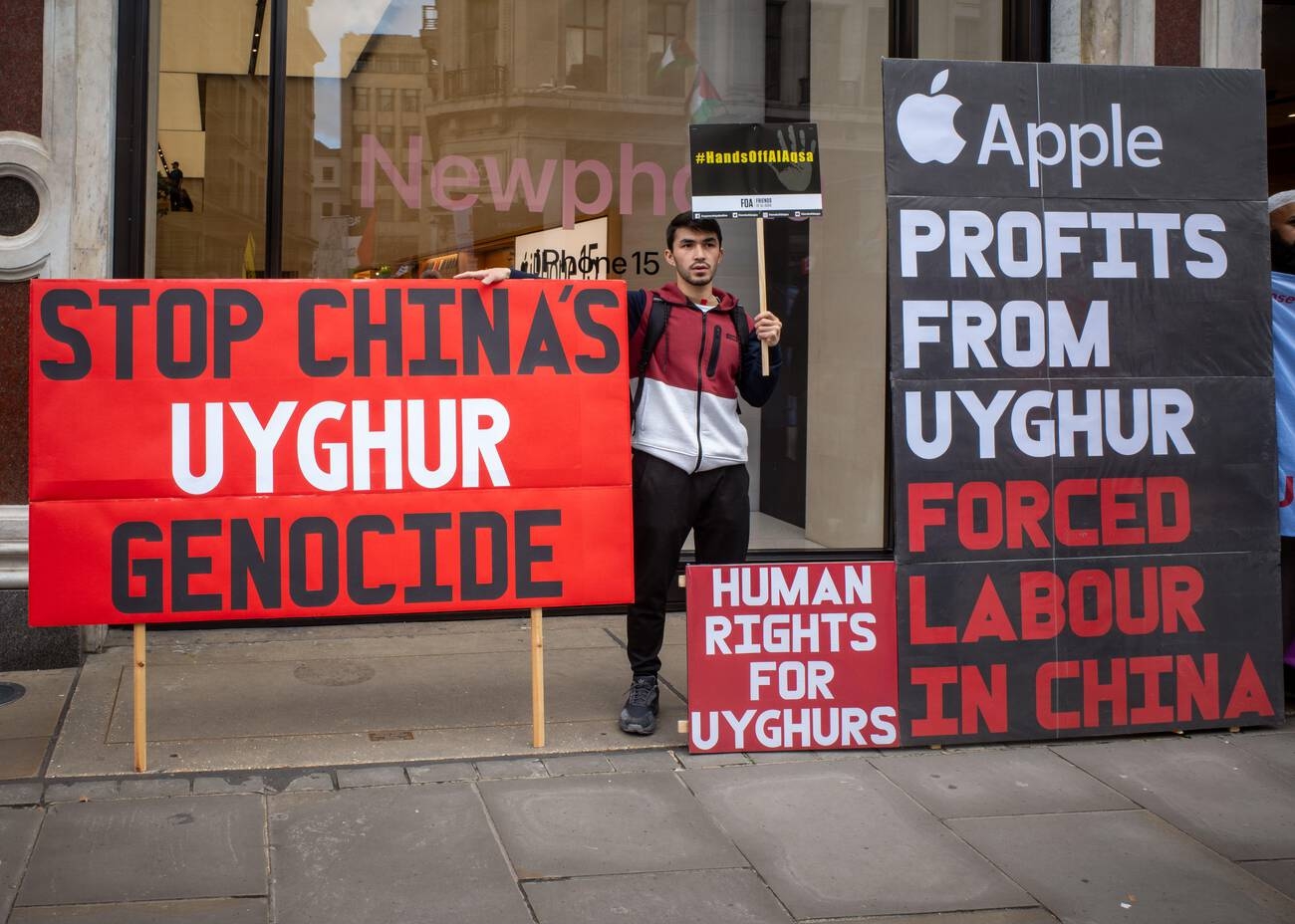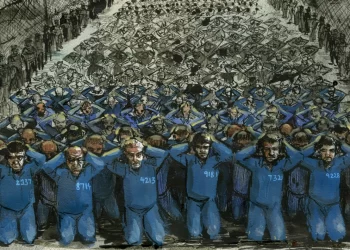Human Lives Human Rights: After seven years, when the International Olympic Committee chose China to to stage its 2022 Winter Games, the IOC members are still paying the price for selecting a host country with a reputation for human rights abuses.
Their standard line, “Sports and politics live in separate worlds,” has failed to quiet global condemnation from activists, human rights organizations and some athletes.
The U.S. government has led a string of democratic countries in declaring a lesser “diplomatic boycott,” meaning they will protest by refusing to send representatives to the competition.
“We will not be contributing to the fanfare of the Games,” White House Press Secretary Jen Psaki said. Sen. Tom Cotton, an Arkansas Republican, went a step further in dubbing Beijing “the Genocide Games.”
The IOC faces yet another competition with strict COVID-19 restrictions and fears of an outbreak among athletes and coaches from around the world. But concerns about the spread of the Omicron variant have taken a backseat to political strife.
China has witnessed criticism for its treatment of Uyghurs, Kazakhs and other ethnic minorities, with reports of indoctrination camps and cultural erasure leading to claims of genocide.
Crackdowns on pro-democracy activists in Hong Kong and aggressive policies directed at Tibet, Mongolia and Taiwan have drawn further censure.
This month, Tibetan students protested by chaining themselves to the Olympic rings outside the IOC’s headquarters in Lausanne, Switzerland.
There is historical precedent for politics intruding on the Games. Three European nations withdrew from the 1956 Summer Olympics in response to the Soviet Union’s crushing of the Hungarian Revolution. In 1976, more than 20 African and Arab countries refused to participate in a protest related to South Africa’s apartheid policy.
More famously, the U.S. led a 65-nation boycott of the 1980 Moscow Games to protest the Soviet Union’s invasion of Afghanistan and the Soviets retaliated by skipping the 1984 Los Angeles Games.
The Biden administration settled on a less-severe diplomatic boycott because, Psaki said, “I don’t think that we felt it was the right step to penalize athletes who have been training and preparing for this moment.”
Britain, Canada and Australia followed suit.
The fallout has extended beyond geopolitics, with Human Rights Watch calling for corporate sponsors to address human rights violations; other groups have demanded that NBC not televise the Games.
The Olympics have become increasingly vulnerable to this type of controversy because of their cost. Oslo dropped out of the running for 2022 after its ruling parties declined to support a bid they deemed “so expensive.” Stockholm cited “too much speculation with taxpayers’ money” in making a similar decision.
As bids in democratic countries give way to political concerns and public referendums, authoritarian nations can step forward with promises to pay the hefty tab, no questions asked.
Beijing spent a reported $40 billion when it hosted the 2008 Summer Games. Russia topped that with an estimated $51 billion in 2014.
It was early November when Chinese tennis star Peng Shuai accused a former Communist Party leader of pressuring her to have sex. As the scandal went viral, she vanished from public view.
Her disappearance raised fears, given the growing list of Chinese officials, celebrities and activists who have gone missing after criticizing party figures or speaking out against national policies. The timing was especially bad for IOC leaders.
In the weeks since this started, Olympic leaders have continued to defend going to Beijing, saying “we have our full focus on the athletes … the rest is politics.”
China was predictably sharper in hitting back against the U.S. and others. With the 2028 Summer Games set for Los Angeles, party officials hinted at a replay of the American-Soviet tit-for-tat in the 1980s.
“The U.S. will pay a price for its practices,” said Zhao Lijian, a spokesman for the Chinese Foreign Ministry. “You may stay tuned for follow-ups.”
“We strongly believe that the governments of the world, including our own, and the respective diplomatic teams and experts, should lead the conversation about international relations,” USOPC chief executive Sarah Hirshland said. “We’re still trying to stay in our own lane.”
This balancing act has been trickier for athletes, some of whom have strong personal opinions.
“I can say human rights violations are abysmal,” ice dancer Evan Bates said. “We’re human beings too and when we read and hear about the things that are happening [in China] … we hate that.”
But, like others, Bates stopped short of calling for a full boycott. He would like to believe that staging the Olympics in Beijing might “shed light on this topic.” Luge racer Tucker West put it another way.
“It’s not my job to decide where the Olympics are,” West said. “So I’m going to show up to Beijing.”
From more than 70 of the 90 countries representatives are expected to participate in the Games. Organizers spoke at length on coronavirus protocols designed to keep the competition safe.


















